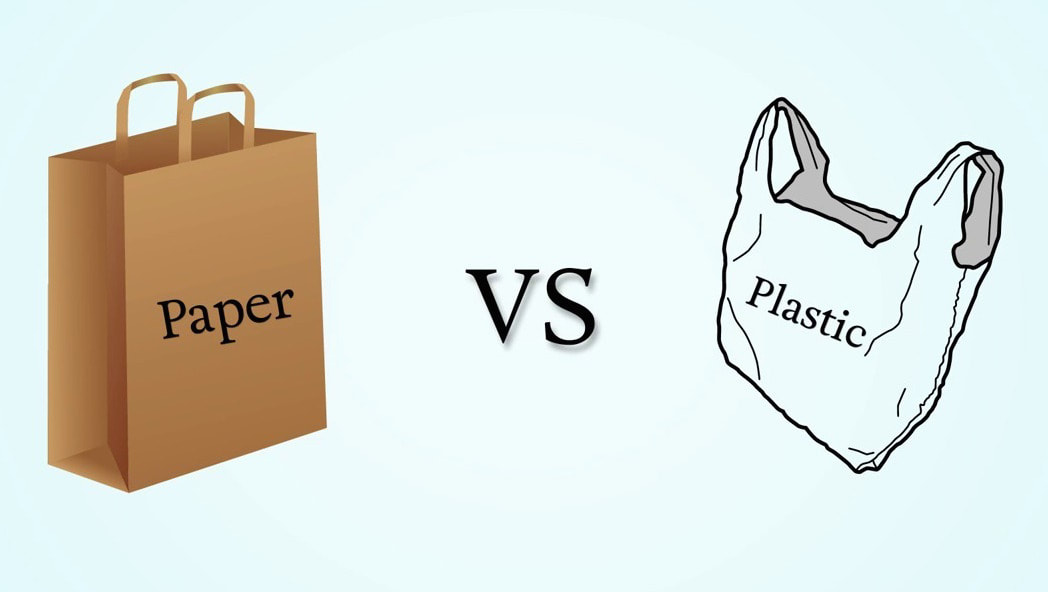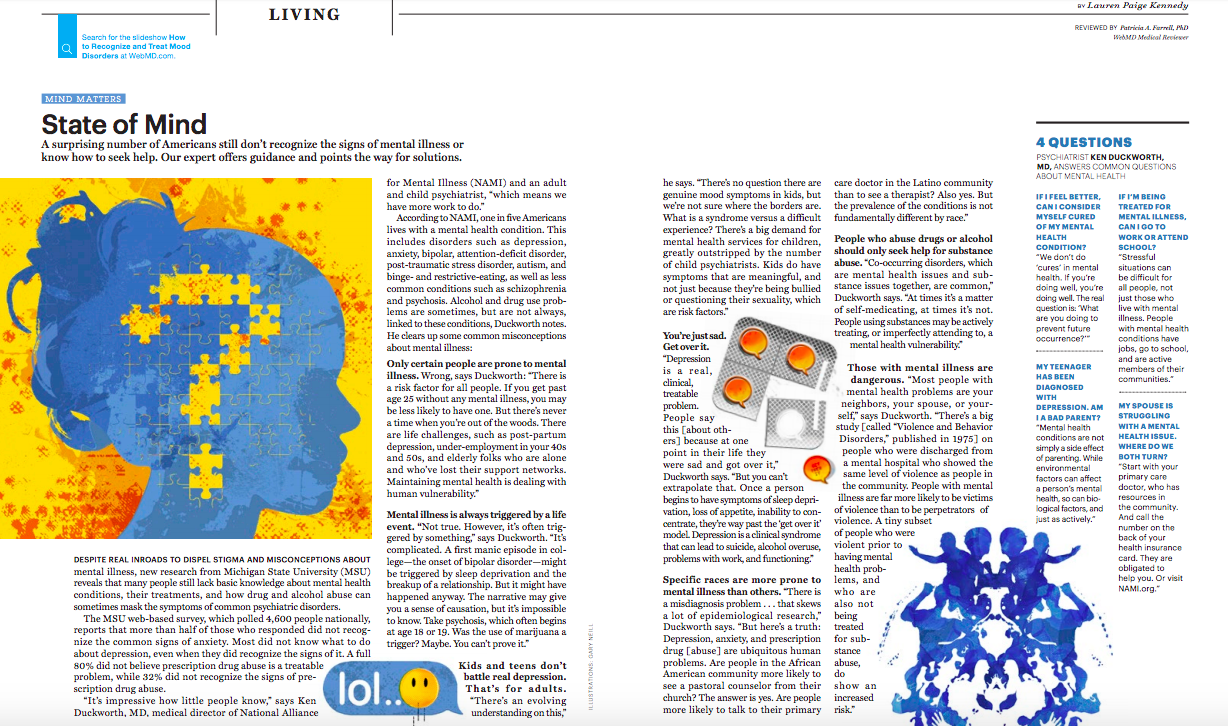|
Today I interview Hollywood It Girl and funny lady Tiffany Haddish, hilarious star of The Last OG and Night School, and best-selling author of The Last Black Unicorn. We're going to talk about overcoming childhood adversity, chasing your dreams, perseverance, and why laughter makes for the best medicine. It's for an upcoming cover story; I'll post it when it goes live! Watch this space.
0 Comments
Paper or plastic? There is no clear-cut or easy answer. But when you do the research, and interview the scientists who devote their lives to studying the effects of toxic waste and plastic pollutants on our environment, most tend to lean one way. Below, you'll find my response to a recent editorial posted in The Pelhams-Plus that argued (I believe incorrectly) how paper bags are more environmentally destructive than plastic ones. In my original letter I included links to back up every fact and assertion I presented, but they were not included on the live post. So I'm sharing the letter here, links included, for anyone who would like to fact-check for themselves.
I just conducted the most fascinating and informative interview with pediatrician Nadine Burke Harris, MD, author of the new book, The Deepest Well: Healing the Long-Term Effects of Childhood Adversity. We spoke at length about how childhood trauma—defined through the ACE study as physical, emotional and sexual abuse; neglect, parental separation or divorce; and exposure to addiction, mental illness, or domestic violence in the home—eventually plays out physically in our bodies in adulthood. Research shows there's a direct correlation between having an increased risk of developing seven out of the 10 top diseases that kill Americans, from cancer to cardiovascular disease, with higher exposure to childhood adversity. That's because chronic stress in childhood upends our bodies' normal fight-or-flight stress response; it can no longer normally regulate itself, instead bombarding us with cortisol that is too persistent, often inappropriate, and, ultimately, health-damaging. Cannot wait to share this story for WebMD. Watch this space.
Troubling new research reveals just how little most of us know about mental health problems—and how best to treat them. Here's my discussion with the medical director of the National Alliance for Mental Illness (NAMI), who separates fact from fiction and offers guidance for treating depression and other common mental health disorders. See pgs. 14–15 in the digital edition of the May issue of WebMD Magazine.
|
Celebrity Health
|


